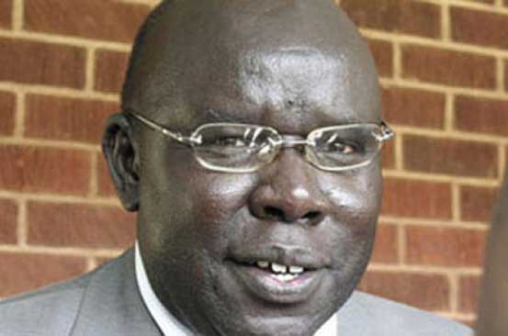×
The Standard e-Paper
Fearless, Trusted News

Anxiety has gripped the Commission for University Education (CUE) as the term of current commissioners ends next month.
With the exit of current Chief Executive Officer David Some, Kenya’s higher education is headed for major changes that will have a huge impact on how universities operate and the programmes they offer.